Ohioans would get more protection from targeted “deepfakes” with new bills proposed in the state House of Representatives seeking to enhance personal privacy and security.
Ohio House Bill 401, sponsored by Rep. Steve Demetriou, R-Bainbridge Township, and Rep. Kevin Miller, R-Newark, would create the offense of “nonconsensual distribution of a deepfake,” or spreading a falsified digital image or recording that has been altered and manipulated to falsely represent someone as doing or saying something that they didn’t do or say.
…
Taking a more specific approach, Demetriou has also introduced House Bill 295, or the Innocence Act.
With this, Demetriou’s bill would require organizations to verify users’ age before giving them access to inappropriate or obscene content, forbid using another’s likeness to create sexually explicit images of them, and allow the private right of civil action for each offense.
Demetriou became aware of this problem after seeing a Twitch streamer share her reaction to her face being foisted upon lewd imagery.
“My aide and I, you know, watched an interview with her and she broke down in tears and just talked about her experience with, you know, just seeing her image and likeness imposed on a pornographic video unknowingly,” said Demetriou.
Recognizing the potential for danger and harm stemming from this particular application of deep fakes, Demetriou began working on House Bill 295.
“Especially for young women, this is a real threat,” said Demetriou. “That just didn’t sit well with me. And I think we need to protect our children and especially you know, women, against these threats.”
House Bill 295 would draw upon existing language within the Ohio Revised Code and expand it to cover deepfakes.
“You can already have a, you know, civil cause of action for revenge porn. So to the deepfake side of things, we just kind of use that existing part of the revised code to address this newer issue with deepfakes, what in the bill is called a fabricated sexual image, but with the age verification in 295 as well, that also has a civil cause of action created under the bill,” said Branden Agnew, Demetriou’s legislative aide.
Both Miller and Demetriou feel that it’s time for the law to catch up with rapidly transforming technologies in order to adequately uphold people’s personal rights.
Demetriou speculated that the measures may come up for a vote in the fall, and said he is determined to continue working on and refining the proposed bills.
“Like every evolving and emerging technology, there’s good and bad,” Demetriou said. “And we’re just trying to protect Ohioans from the bad while making sure, you know, they can still exercise their constitutional rights and freedoms. And I think we’re on the right side of history on these issues.”
From: Fishman, Noah. “Ohio House of Representatives May Approve Legislation to Curb Deepfake Defamation.” The Columbus Dispatch, 2 July 2024, www.dispatch.com/story/news/politics/state/2024/07/02/legislation-proposed-to-protect-public-from-deepfake-visual-and-audio-misrepresentations/74244205007/.
